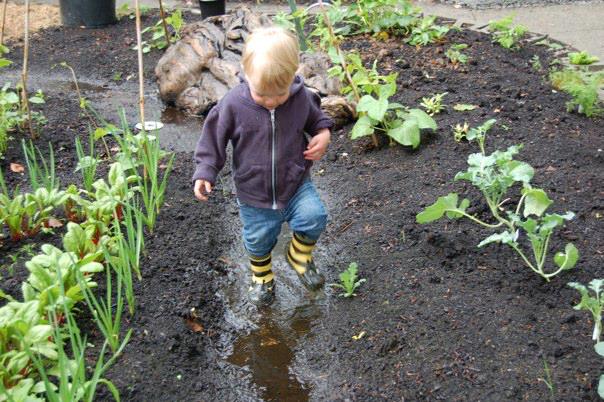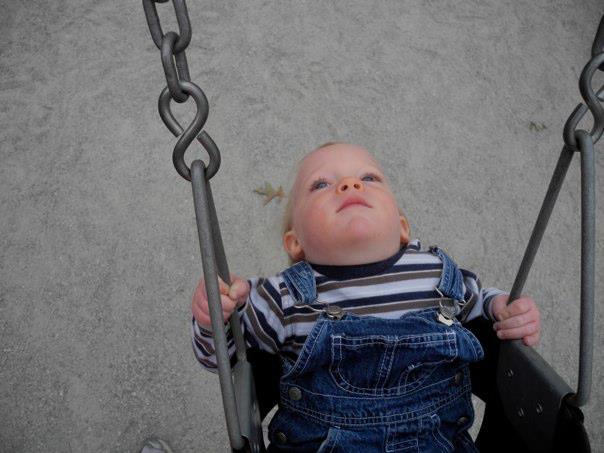
Resources for Families
Resources for families are lifelines and lanterns—practical tools, legal references, advocacy templates, and solidarity offerings—for those navigating school systems on behalf of children whose needs are too often misunderstood, delayed, or denied.
These resources honour the wisdom that grows in crisis, the expertise that forms under pressure, and the quiet courage of parents and caregivers who become strategists, scribes, and shields in the face of institutional harm.
To support families means more than providing information; it means recognising their exhaustion, respecting their knowledge, and offering pathways to clarity, protection, and change—because no child should be left to suffer, and no family should have to fight alone.
-
Thriving beyond survival: neurodivergence, environment, and disability justice
Every person’s ability to thrive is deeply shaped by their environment. None of us are our best self in a room starved of oxygen – in other words, even the healthiest individual would struggle in an inhospitable setting. This truth is magnified for neurodivergent people (such as autistic, ADHD, or otherwise neurologically atypical individuals) who often face…
-
Non-coercive, trauma-informed alternatives to PBS/ABA in BC schools
Positive Behaviour Support (PBS) and Applied Behaviour Analysis (ABA) are behaviourist approaches widely used in schools to manage student behaviour. However, a growing chorus of neurodivergent advocates, educators, and researchers highlight that these methods often prioritise compliance and “normalising” behaviour over student well-being rcpsych.ac.uk. By focusing on making neurodivergent children appear neurotypical (meeting neuronormative standards), traditional PBS/ABA can…
-
There’s no such thing as unexpected behaviour
This piece was hard to write. It holds my grief. It documents not only what happened to my child, but how systems made it worse by pretending to be surprised. I share it because too many families are made to carry this alone. Every time I see the phrase unexpected behaviour in a school document, a safety…
-
The high stakes of understanding PDA
Pathological Demand Avoidance (PDA) might sound like just another clinical term, but for many families it represents a daily struggle that is anything but trivial. PDA is a profile on the autism spectrum characterised by an extreme, anxiety-driven avoidance of everyday demands, even those the child wants to comply with drdonnahenderson.com reframingautism.org.au. This isn’t mere stubbornness or “bratty” behaviour – it’s a…
-
How to smell a rat: spotting fake neurodiversity-affirming programs
Not everything wrapped in soft colours and “nervous system” talk is safe. In a post-ABA world—or at least a world where ABA has learned to change its clothes—many school districts, parent training programs, and private providers now claim to be “neurodiversity-affirming.” They use the language of trauma, talk about connection, and sprinkle in phrases like…
-
Pathological Demand Avoidance (PDA)
Pathological Demand Avoidance is a neurobiological profile of autism rooted in anxiety, autonomy, and nervous system threat perception. For children with PDA, even simple requests can register as danger. A question, a suggestion, a cheerful invitation—all of these may activate a survival response, because the child’s nervous system experiences demand as threat. When this pattern…






